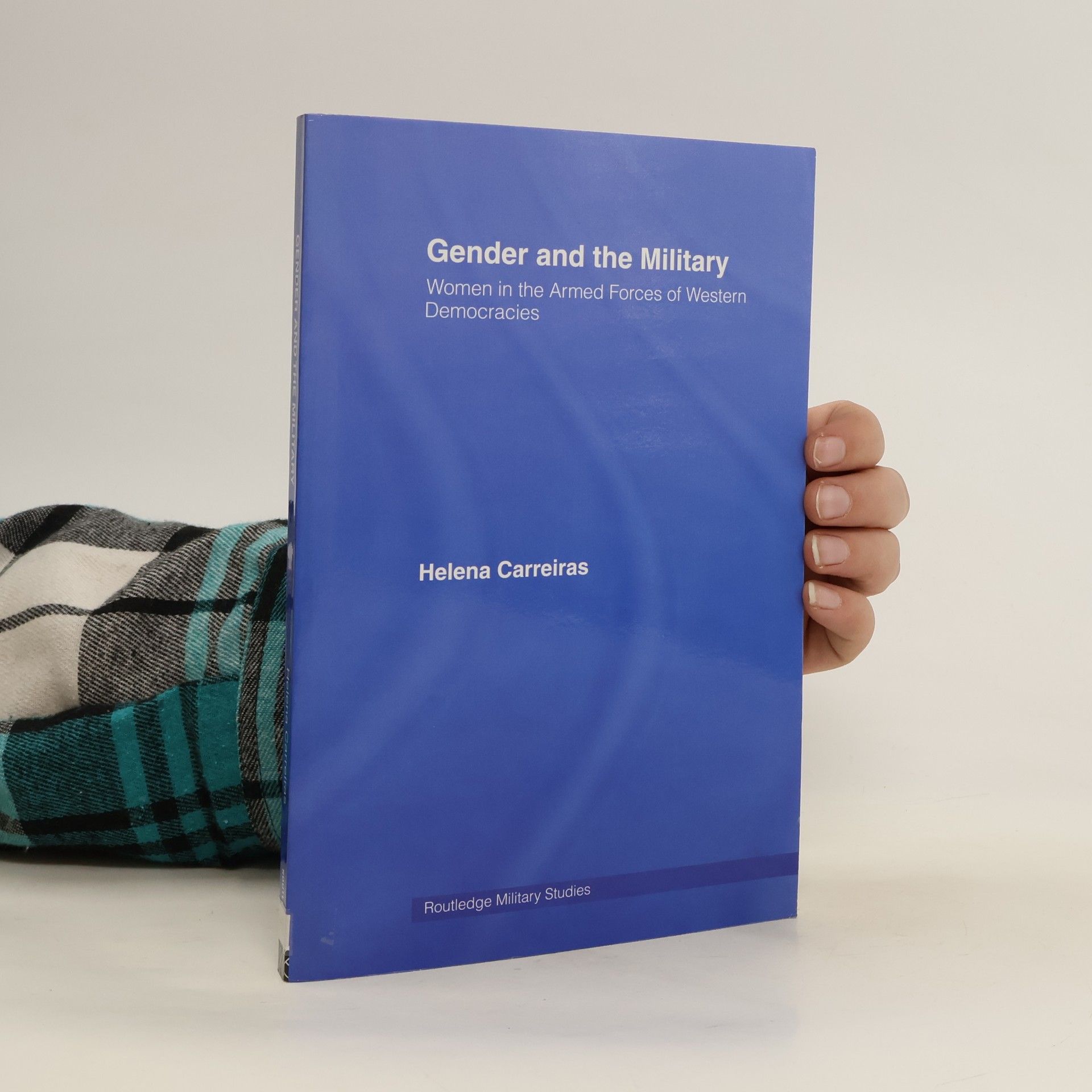Women in the military and their relationship with war often provoke controversial reactions that reveal entrenched stereotypes and cultural values central to many societies. This is the first comparative, cross-national study of the participation of women in the armed forces of NATO countries.
Helena Carreiras Livres
Helena Carreiras est une professeure et chercheuse spécialisée en Sciences Politiques et Sociales. Son travail explore des questions sociétales complexes, offrant des perspectives critiques et une profondeur analytique. Elle aborde ses recherches avec une perspective académique rigoureuse, contribuant de manière significative à la compréhension des dynamiques sociales contemporaines.
